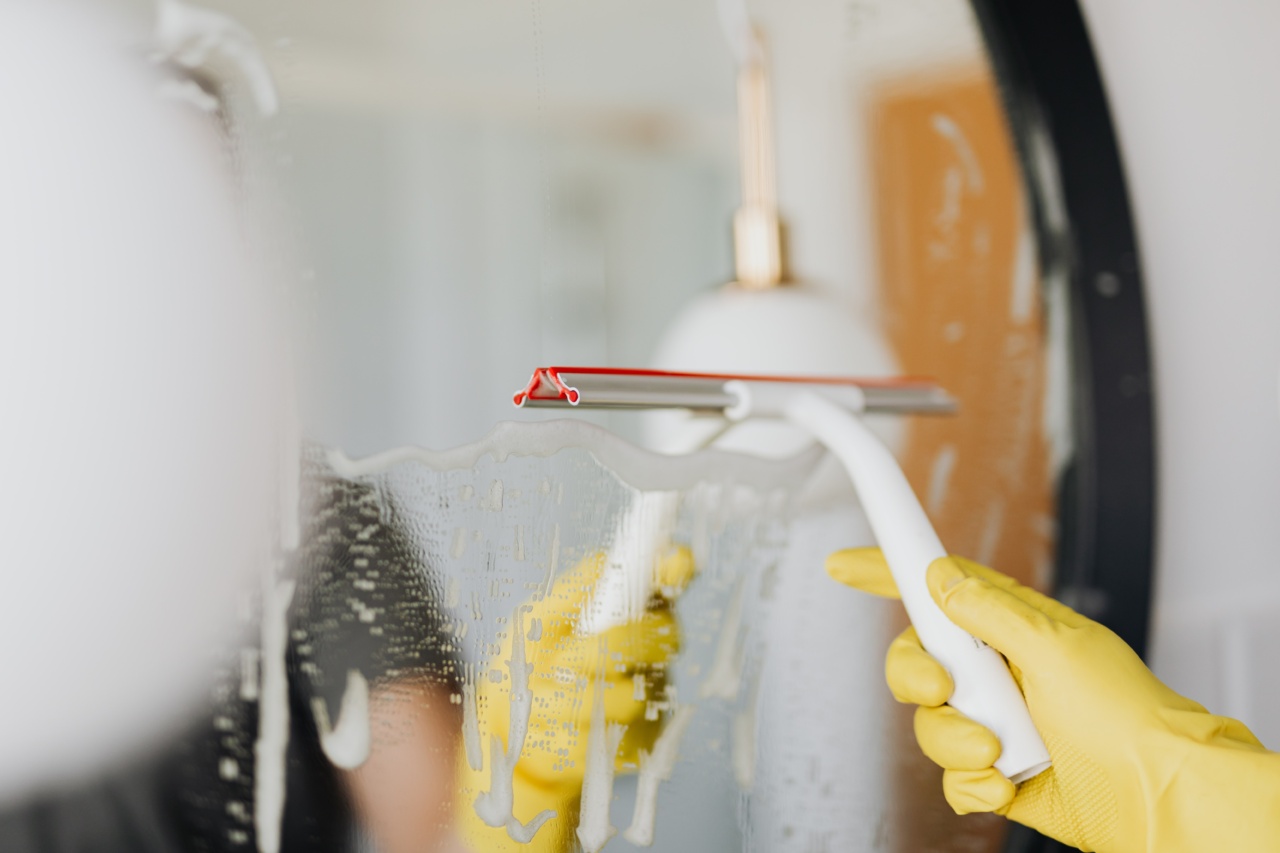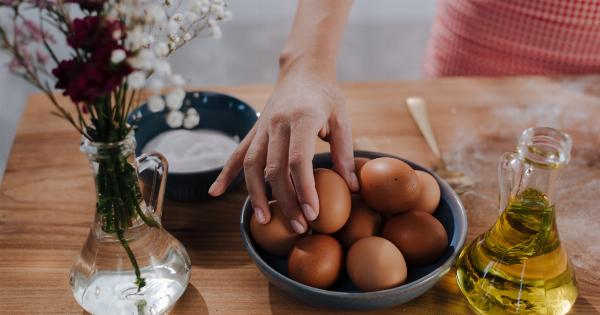Calluses are thickened, tough skin that develops as a way of protecting the skin against repeated friction and pressure. They can appear on different parts of the body, including the feet, hands, and knees.
While calluses are not harmful, they can be unsightly and bothersome. In some cases, they can even make it difficult to stand or walk comfortably. Fortunately, there are many ways to get rid of calluses quickly, including:.
1. Soaking
Soaking the feet or hands in warm water can help to soften and loosen the calluses, making them easier to remove. You can also add Epsom salt or apple cider vinegar to the water for added benefits.
2. Pumice Stone
A pumice stone is a natural volcanic rock that can be used to gently remove the layers of dead skin on the feet and hands. Wet the stone and gently rub it over the callus in a circular motion.
3. Emery Board or Nail File
An emery board or nail file can also be used to carefully file away the dead skin on the callus. It’s important to use gentle pressure and a gentle back-and-forth motion.
4. Wear Padded Socks or Gloves
Wearing padded socks or gloves can help to reduce the pressure on calluses, which can help to prevent them from getting worse. Make sure to wear socks made from natural fibers, like cotton.
5. Moisturize
Moisturizing the feet or hands regularly can help to keep the skin soft and supple, which can prevent calluses from forming in the first place. Use a thick, heavy-duty moisturizer.
6. Over-the-Counter Medications
There are many over-the-counter medications that can help to remove calluses quickly. Look for products that contain salicylic acid or urea.
7. Use Foot Files
Foot files, like those with microplane or metal surfaces, are designed specifically for removing calluses. They can be used to gently exfoliate the skin, making it smooth and soft.
8. Use a Callus Remover
A callus remover is a tool that is designed to sand away the dead skin on calluses. They come in electric or manual handheld versions and should be used with caution.
9. Proper Footwear
Wearing proper footwear can help to prevent calluses from forming in the first place. Choose shoes that are comfortable and fit well, and avoid shoes that are too tight or too loose.
10. Wear Insoles
Wearing insoles can help to cushion the feet and reduce pressure on the calluses. Look for insoles that are made from gel or foam and are designed to provide extra cushioning.
11. Use a Foot Peel Mask
A foot peel mask is a product that is applied to the feet and left on for several hours. It contains natural enzymes that help to dissolve dead skin, leaving the feet soft and smooth.
12. Use a Foot Scrub
A foot scrub is a product that is designed to exfoliate the skin on the feet. Look for products that contain natural ingredients, like sugar or sea salt, for gentle exfoliation.
13. Callus Pads
Callus pads are adhesive pads that can be placed over the callus to reduce pressure and friction. They can be worn with any type of footwear, and can be easily removed and replaced as needed.
14. Chemical Peels
Chemical peels are medical procedures that involve applying a chemical solution to the skin, causing the top layer to peel away. They can be effective for removing calluses, but should only be performed by a licensed professional.
15. Epsom Salt Bath
An Epsom salt bath can help to soften the skin and relieve pain and inflammation. Simply add a cup of Epsom salt to warm water and soak for 15-20 minutes.
16. Use Cornstarch
Cornstarch can help to absorb moisture and reduce friction on the feet, which can help to prevent calluses from forming. Simply sprinkle a small amount of cornstarch on the feet before putting on shoes or socks.
17. Use Lemon Juice
Lemon juice can help to soften and exfoliate the skin, making it easier to remove calluses. Simply squeeze a fresh lemon and apply the juice to the callus using a cotton ball.
18. Use Vinegar
Vinegar has natural acidic properties that can help to break down the layers of dead skin on calluses. Mix equal parts vinegar and warm water and soak the feet or hands for 20-30 minutes.
19. Use Baking Soda
Baking soda is a natural exfoliant that can help to remove dead skin. Mix three parts baking soda and one part water to create a paste, and apply it to the callus.
20. Use Pineapple
Pineapple contains an enzyme called bromelain, which can help to break down dead skin cells. Apply fresh pineapple directly to the callus for 10-15 minutes.
21. Use Aloe Vera
Aloe vera has natural anti-inflammatory properties that can help to soothe and heal callused skin. Apply fresh aloe vera gel to the affected area.
22. Use Jojoba Oil
Jojoba oil is a natural oil that can help to soften and moisturize callused skin. Apply a few drops to the affected area and massage gently.
23. Use Shea Butter
Shea butter is a natural moisturizer that can help to soften and protect the skin. Apply a thick layer of shea butter to the callused area and cover with a bandage.
24. Use Coconut Oil
Coconut oil has natural anti-inflammatory and moisturizing properties that can help to heal callused skin. Apply a small amount of coconut oil to the affected area.
25. Use Olive Oil
Olive oil is a natural moisturizer that can help to soften and protect the skin. Apply a few drops of olive oil to the callus and massage gently.
26. Use Turmeric
Turmeric has natural anti-inflammatory properties that can help to reduce pain and inflammation caused by calluses. Mix turmeric powder with water to create a paste and apply it to the affected area.
27. Use Chamomile Tea
Chamomile tea has natural anti-inflammatory properties that can help to soothe and heal callused skin. Brew a cup of chamomile tea and soak the affected area for 15-20 minutes.
28. Use Eucalyptus Oil
Eucalyptus oil has natural anti-inflammatory properties that can help to reduce pain and inflammation caused by calluses. Apply a few drops of eucalyptus oil to the affected area and massage gently.
29. Use Lavender Oil
Lavender oil has natural anti-inflammatory properties that can help to soothe and heal callused skin. Apply a few drops of lavender oil to the affected area and massage gently.
30. Maintain Good Foot Hygiene
Maintaining good foot hygiene is essential for preventing and treating calluses. Make sure to keep the feet clean and dry, and avoid walking barefoot in public areas.





























